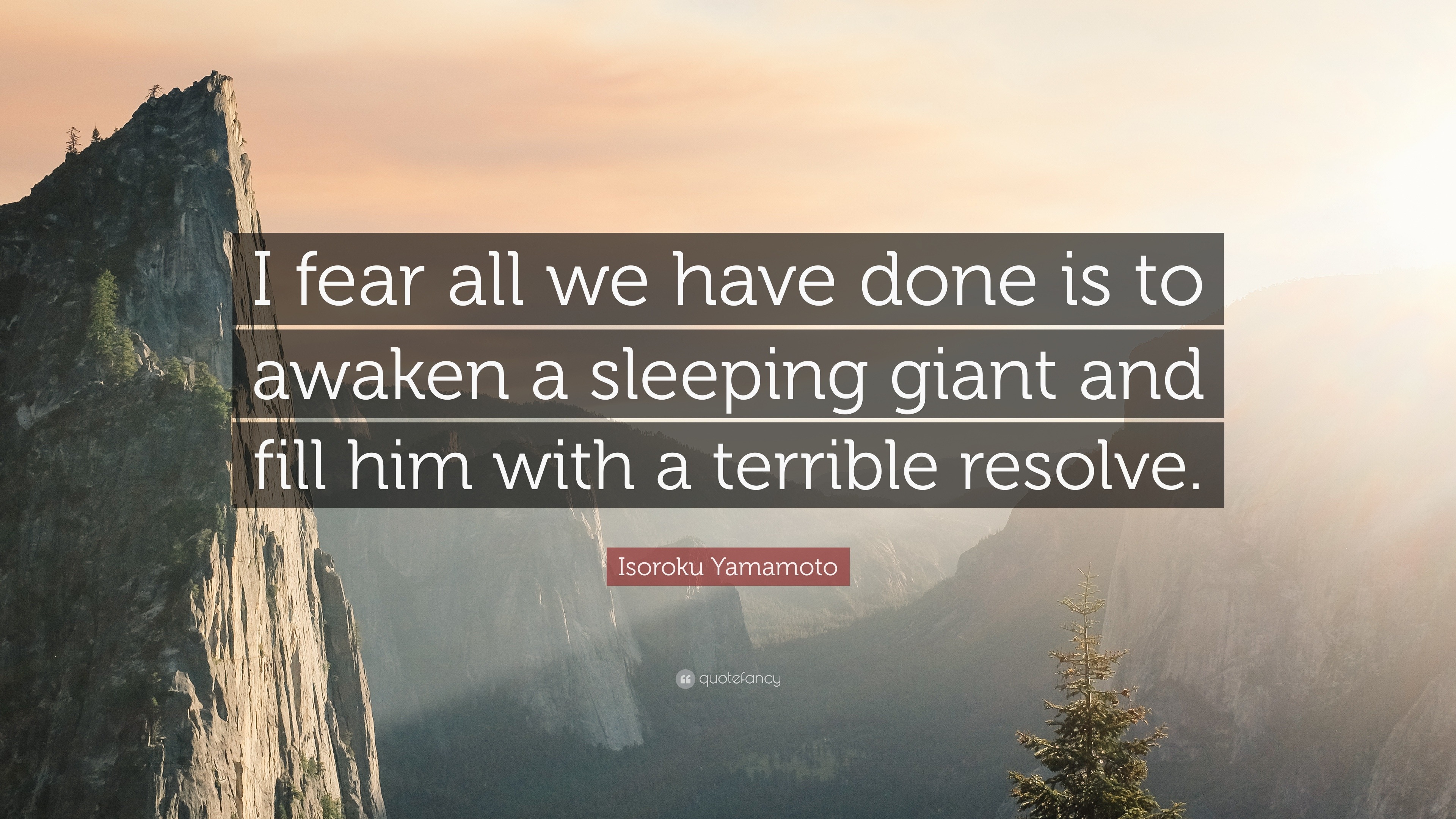


It helps if you remember that awaken and awake are different verbs, and that awakened is regular. The most common inflections of awaken continue to be awakened in the past ("he awakened") and awakened as the past participle ("she was awakened"). Do not think of me as gone I am with you still in each new dawn. When you awaken in the morning’s hush, I am the swift, uplifting rush of quiet birds in circled flight. Current UsageĪt this point in time, our evidence shows that the most common inflections of awake are awoke in the simple past ("he awoke") and awoken as the past participle ("she was awoken"). I am a thousand winds that blow, I am the diamond glints on snow, I am the sunlight on ripened grain, I am the gentle autumn rain.
NEW AWAKEN I AM HOW TO
It's no wonder we can't figure out how to get out of bed. He might have been partly inspired by the French anarchist Marius Jacob. He was known for targeting criminals or those who were much worse than himself, making him an anti-hero of sorts within his own stories. Introduction of Awokenīut English speakers like consistency, and by the 16th century, we had introduced what was an initially poetic past participle of awake to match the past-tense awoke: awoken (as in "they were awoken"). Arsène Lupin, sometimes known as Raoul, is a fictional gentleman thief created by Maurice Leblanc. So it's absolutely permissible to say "she awakened," (using awaken), "she awaked" (using one inflection of awake), and "she awoke" (using the other inflection of awake). The core verbs begin to blend together in Middle English, which means that there are now two possible past-tense forms to choose from: awaked and awoke. One of the regular inflections, awaken, gains life as its own verb and is given regular inflections ( awaken, awakened, awakened). The problem, however, is that one of those verbs had what we now consider to be regular inflections ( awake, awaked, awaken) and the other had what we now consider to be irregular inflections ( awake, awoke, awaken).įrom there, the inflectional history of awake becomes a mess. The two verbs have very similar infinitive forms, and so were beginning to affect one another by the Late Old English period. There were two verbs in Old English that meant "to rise from sleep": the intransitive awacan and the transitive awacian. The confusion starts back in the first millennium. Garner in his Garner's Modern English Usage says that awake and awaken are "perhaps the most vexing in the language." As Merriam-Webster's Concise Dictionary of English Usage notes, " awake is a verb that has not yet settled down from its long and tangled history." Everyone gets a pass for being confused. If these questions keep you awake at night, you're not alone. There were two verbs in Old English that meant "to rise from sleep," but one had regular inflections and the other irregular inflections.


 0 kommentar(er)
0 kommentar(er)
